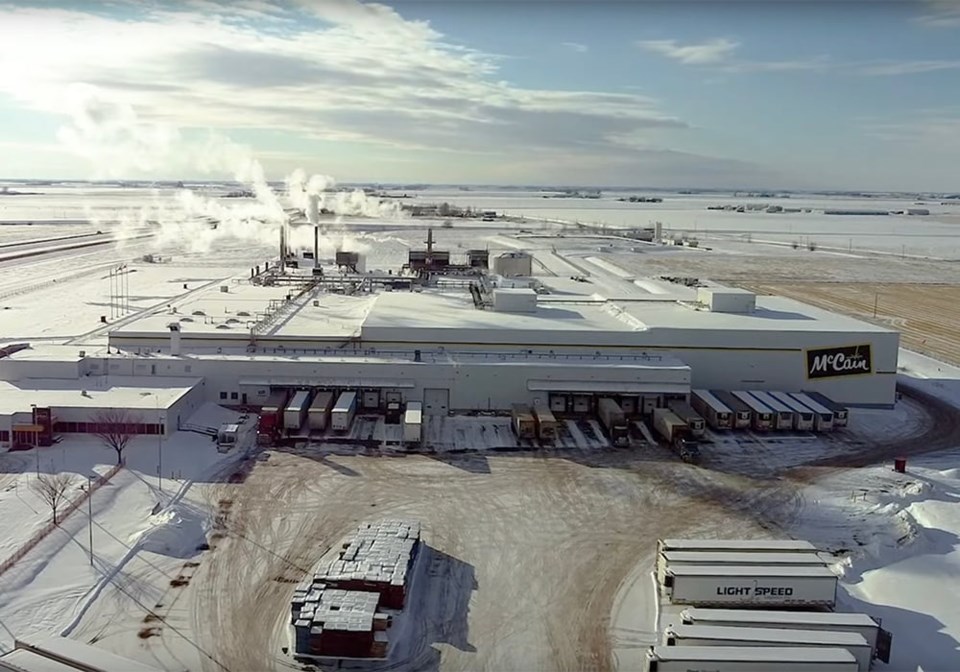Western Canada’s industrial markets are at an inflection point as demand normalizes and the pause that hit new construction last year begins to make itself felt.
Conservative market sentiment is now creating the conditions for stronger performance in 2024, Avison Young reports, with cities like Lethbridge poised to see a landlord’s market for industrial space.
Lethbridge reported a 4.1 per cent vacancy rate in the first quarter, up from 4 per cent at the end of 2023. But space under construction is down more than half from last year to 50,000 square feet, creating potential supply constraints.
“Our market is going to climb rapidly,” said Doug Mereska, managing director in Lethbridge for Avison Young. “We’re not doing a lot of new construction leases unless they’re build-to-suits. There hasn’t been a spec building built in three-plus years in our marketplace.”
The lack of spec construction means new additions have kept vacancies in check, but it’s also meant a lack of options for tenants who can’t afford new builds.
“Some of these older buildings, they don’t fit today’s needs,” Mereska said.
The biggest constraint on new lease space is construction costs, which often require rents that outpace the market average by a large margin.
Avison Young reported an effective lease rate of $10.65 per square foot based on deals in the 2023-2024 period, with an average additional rent of $3.69 per square foot for a total rent of $14.34 per square foot.
“The construction costs don’t line up with what our rents are,” Mereska said. “We’re seeing build-to-suits at $14, $15 a square foot yet our market rents are $10 plus or minus.”
The challenges come as the country’s two major potato processors, McCain Foods Ltd. and Cavendish Farms, ramp up local investments.
McCain is spending $600 million to double the size of its Lethbridge plant, following on the heels of a $430 million investment by Cavendish Farms in 2019 that tripled its capacity to handle 415 million pounds of potatoes annually.
“Along with those expansions comes the need for more service providers for their expansions, right down to the farmer growing the potatoes,” Mereska said.
There’s also interest coming from outside the region in local industrial land. A manufacturing company from Abbotsford is scouting sites in the area with a view to serving Prairie markets, attracted by lower land costs and the ability to be closer to expanding markets.
“Our Frontier Business Park, the five transaction that we’ve done there, they’re all expansions or new companies coming into town,” Mereska said.
A new project, Phase I improvements at Frontier will complete in spring 2024.
Lethbridge-based SUMUS Property Group Ltd. has also been active on the land front, buying six acres from the City of Lethbridge last summer for nearly $1.4 million.
It also bought 63 acres within Frontier Business Park on 43 Avenue North through SUMUSMSK (Frontier) Developments LP for development purposes. The sale price approached $3.5 million.
Most of the space will likely be built to order for tenants drawn by the lower cost base Lethbridge offers.
Ward Bros. Construction bought 3802 14 Avenue North last August, for example, a site designated for a build-to-suit project.
“It’s another example,” Mereska said. “We’re not building any buildings to rent out.”



